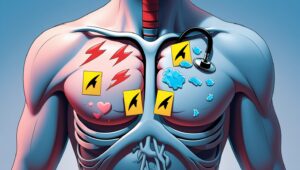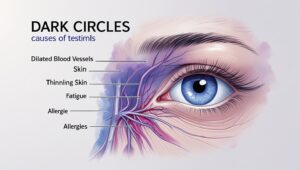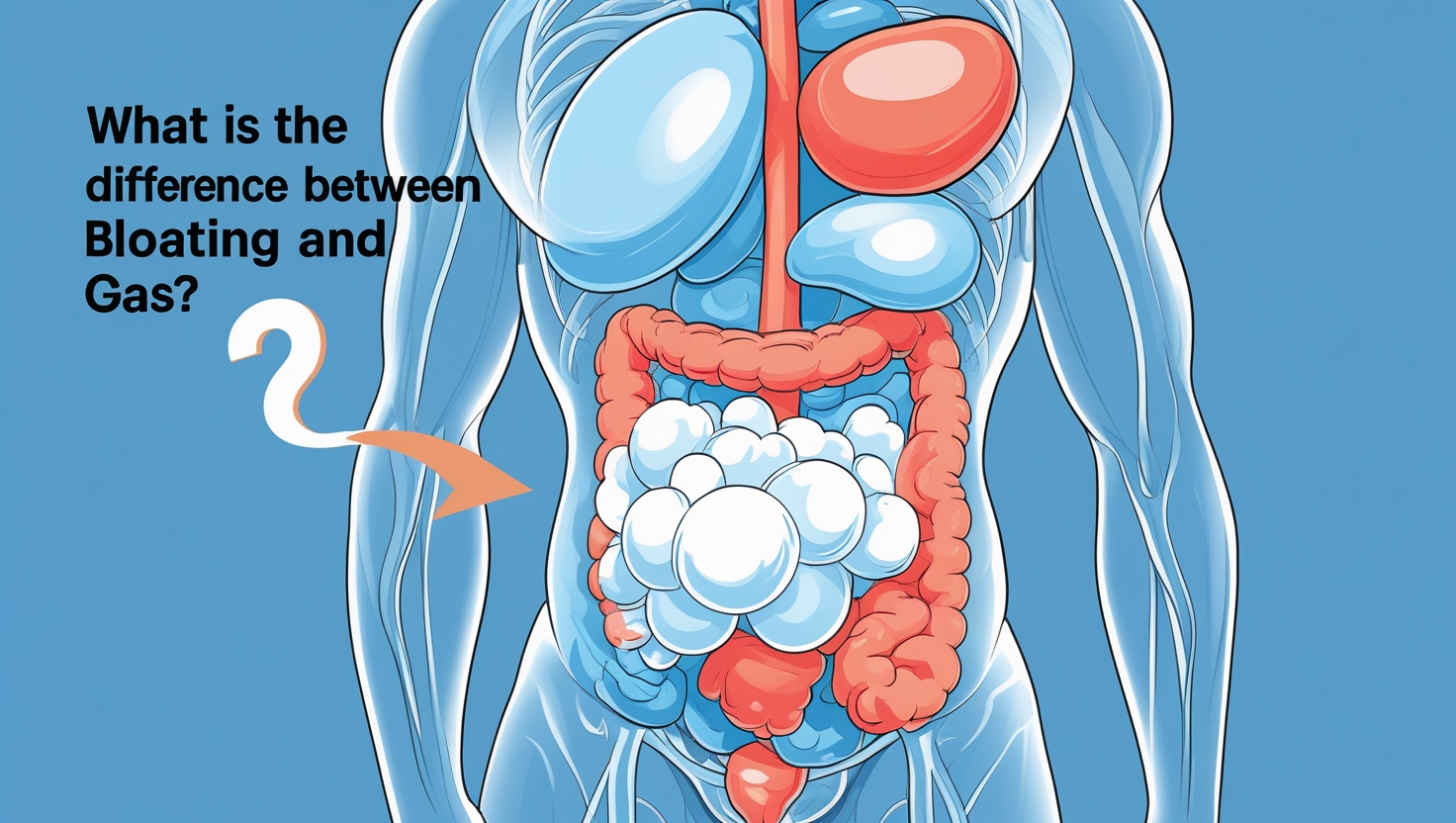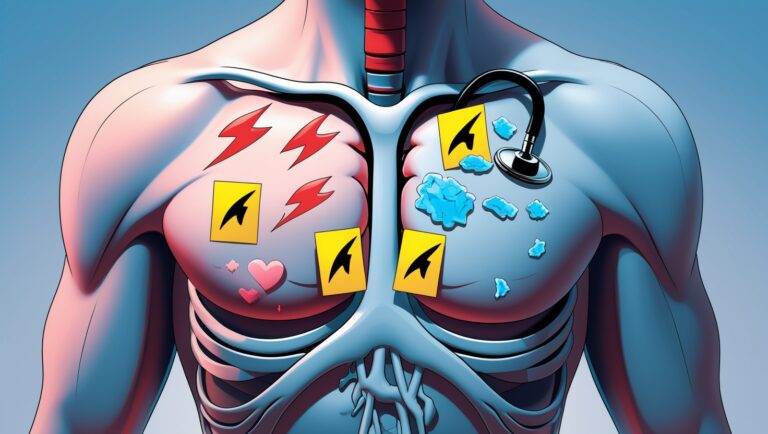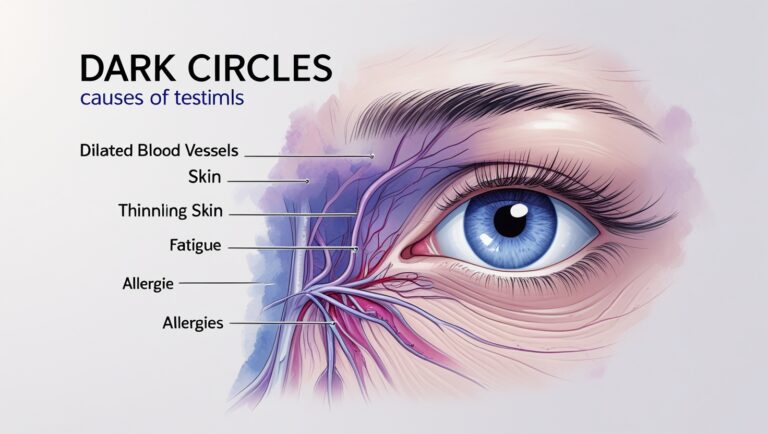Table of Contents
- Introduction
- What Is Bloating?
- What Is Gas?
- Key Differences Between Bloating and Gas
- Common Causes of Bloating
- Common Causes of Gas
- Symptoms Comparison: Bloating vs. Gas
- How to Tell If It’s Gas or Bloating
- When Are These Symptoms a Cause for Concern?
- Practical Tips for Managing Bloating
- Practical Tips for Reducing Gas
- Lifestyle and Dietary Habits That Help
- When to See a Doctor
- Final Thoughts and Takeaway Tips
1. Introduction
Ever felt uncomfortably full, puffy, or even gassy after a meal? You might be wondering: Is this bloating or just gas? You’re not alone. Millions of people around the world experience digestive discomfort every day, and understanding the difference between bloating and gas is the first step toward relief.
In this simple, friendly, and science-backed guide, we’ll walk you through what bloating and gas really are, how they’re different, and what you can do to feel better fast—all while following the latest 2025 health insights.
2. What Is Bloating?
Bloating is a feeling of fullness, tightness, or swelling in the abdomen. It may be visible (your belly looks distended) or just internal discomfort.
Common characteristics of bloating:
- Abdominal tightness or pressure
- Visible swelling
- Discomfort that gets worse after eating
- Feeling like you ate too much (even when you didn’t)
3. What Is Gas?
Gas refers to the presence of air in your digestive tract. Everyone produces and expels gas as part of normal digestion.
Common characteristics of gas:
- Burping (gas escaping from the upper GI tract)
- Flatulence (passing gas from the rectum)
- Gurgling sounds in the abdomen
- Occasional abdominal cramps
4. Key Differences Between Bloating and Gas
| Feature | Bloating | Gas |
|---|---|---|
| Definition | Feeling of fullness/swelling | Presence of air in digestive tract |
| Visibility | May cause a visibly swollen belly | Usually not visible |
| Relief | Harder to relieve | Often relieved after passing gas or burping |
| Location | Upper or lower abdomen | Mostly lower abdomen |
| Sensation | Pressure, fullness | Movement, sharp cramps, urge to release air |
5. Common Causes of Bloating
- Overeating
- Eating too fast
- Food intolerances (like lactose or gluten)
- Irritable Bowel Syndrome (IBS)
- Hormonal changes (especially in women)
- Constipation
- Carbonated beverages
6. Common Causes of Gas
- Swallowed air from chewing gum or drinking through straws
- High-fiber foods (beans, lentils, broccoli)
- Sugary foods that ferment in the gut
- Carbonated drinks
- Gut bacteria fermentation
- Antibiotic use or digestive enzyme imbalance
7. Symptoms Comparison: Bloating vs. Gas
Bloating Symptoms:
- Tummy feels hard or tight
- Clothes feel tighter than usual
- Discomfort without actual release of gas
Gas Symptoms:
- Burping
- Passing wind (flatulence)
- Sudden abdominal cramps that ease after releasing gas
8. How to Tell If It’s Gas or Bloating
Ask yourself:
- Is there relief after passing gas or burping? If yes, it’s likely gas.
- Does your stomach look and feel swollen for hours? That’s more likely bloating.
- Do you feel abdominal pressure but can’t release anything? That could be bloating due to constipation or fluid retention.
9. When Are These Symptoms a Cause for Concern?
Bloating and gas are usually harmless, but see a doctor if you experience:
- Sudden or severe pain
- Persistent bloating for more than a week
- Blood in stool
- Weight loss without trying
- Vomiting or fever
- Ongoing constipation or diarrhea
These could be signs of a more serious condition like:
- Celiac disease
- Crohn’s disease
- Ulcers
- Colon cancer
10. Practical Tips for Managing Bloating
- Eat slowly: Take time to chew your food
- Smaller meals: Avoid overfilling your stomach
- Limit trigger foods: Like dairy, gluten, and cruciferous vegetables
- Stay active: Gentle movement aids digestion
- Stay hydrated: Helps prevent constipation
11. Practical Tips for Reducing Gas
- Avoid carbonated drinks
- Cut back on sugar alcohols (found in sugar-free gum)
- Soak beans before cooking to reduce fermentable sugars
- Keep a food diary to identify problem foods
- Try probiotics to balance gut bacteria
12. Lifestyle and Dietary Habits That Help
- Eat mindfully: Avoid distractions while eating
- Regular exercise: Helps prevent bloating and gas buildup
- Manage stress: Stress can worsen digestive issues
- Avoid chewing gum and smoking: Both increase swallowed air
- Include digestive herbs: Ginger, peppermint, and fennel may help
13. When to See a Doctor
Consult a healthcare provider if:
- Symptoms interfere with your daily life
- You suspect a food intolerance or allergy
- Over-the-counter remedies don’t help
- You experience unusual symptoms like fatigue or rashes
A doctor may recommend:
- Allergy testing
- Blood work
- Endoscopy or colonoscopy
- Stool sample testing
14. Final Thoughts and Takeaway Tips
Understanding the difference between bloating and gas can empower you to take control of your digestive health. Here’s a quick recap:
- Bloating is the feeling of fullness or pressure in the abdomen.
- Gas is the presence of air, which can lead to burping or flatulence.
- They often occur together but have different causes and treatments.
Your next steps:
- Track your symptoms and meals
- Adjust your diet and habits
- Talk to a professional if symptoms persist
Don’t suffer in silence—your gut deserves attention. Share this article with someone who might need it, or bookmark it for your next belly-bothering moment!
